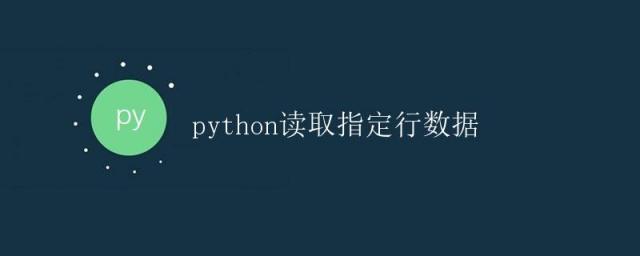python读取指定行数据
2024年04月17日 python读取指定行数据 极客笔记
python读取指定行数据

在数据处理过程中,有时候我们需要读取文件中的指定行数据进行分析或操作。在Python中,我们可以使用open()函数来打开文件,并使用readlines()方法读取文件的所有行,然后根据需要筛选出我们想要的行数据。
读取指定行数据方法
下面是一个简单的示例,演示了如何读取一个文件中的指定行数据:
def read_specific_line(file_name, line_number):
with open(file_name, 'r') as file:
lines = file.readlines()
if line_number < 1 or line_number > len(lines):
print("行数超出范围")
return None
else:
return lines[line_number - 1]
file_name = 'data.txt'
line_number = 3
specific_line = read_specific_line(file_name, line_number)
if specific_line:
print("第{}行数据为:{}".format(line_number, specific_line.strip()))
在上面的示例中,我们定义了一个read_specific_line()函数,该函数接受文件名和行数作为参数,并返回文件中指定行数的数据。首先,我们使用open()函数打开指定文件,并使用readlines()方法将文件中的所有行读取为一个列表。然后,我们检查输入的行数是否在文件行数范围内,如果是,则返回该行数据;否则提示用户行数超出范围。
示例
假设我们有一个名为data.txt的文件,内容如下:
1. Hello, world!
2. How are you?
3. I am fine, thank you!
4. This is a test file.
5. Have a nice day!
我们可以调用read_specific_line()函数来读取指定行数据,如下所示:
file_name = 'data.txt'
line_number = 3
specific_line = read_specific_line(file_name, line_number)
if specific_line:
print("第{}行数据为:{}".format(line_number, specific_line.strip()))
运行以上代码,输出为:
第3行数据为:I am fine, thank you!
通过以上示例,我们可以看到如何使用Python读取文件中的指定行数据。这种方法对于需要对大型文件进行操作,且只需要部分行数据的情况非常适用。当然,我们也可以根据具体需求对该方法进行扩展或优化。
本文链接:http://so.lmcjl.com/news/2406/